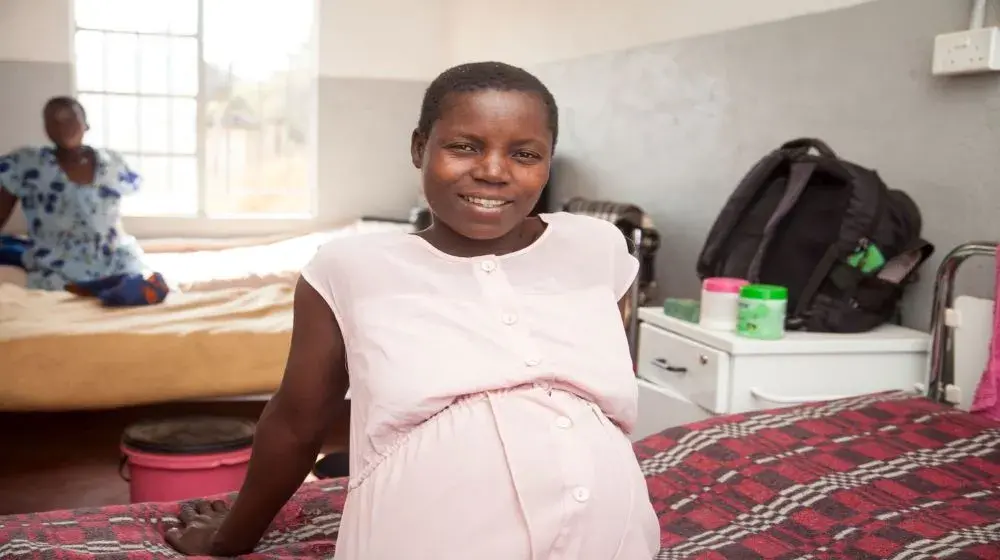International Day to End Obstetric Fistula
23 May 2022
Global
It’s easy to ignore things you don’t know anything about. Obstetric fistula is one of those things. But it’s a devastating childbirth injury to women who experience it, usually fatal to unborn babies (90 per cent of cases end in stillbirth) and – here’s the encouraging news – not only treatable but preventable.
Obstetric fistula is a hole in the birth canal caused by protracted, obstructed labour in the absence of timely medical care, leaving women to leak urine and faeces. Left untreated, it can lead to infection, disease and infertility. Sentenced to a life of misery, stigma and isolation – husbands and families abandon them, communities ostracize them, employment opportunities vanish – they can suffer from mental health issues and deepening poverty.
The injury has all but disappeared in rich countries but persists in poorer countries with inadequate maternal health care – an estimated 500,000 women and girls live with the condition. Young bodies not ready for childbirth in cases of child marriage or unintended pregnancy are especially vulnerable. Women can develop fistula because they cannot afford transportation to a health facility or the services of a skilled birth attendant like a midwife.
The injury can be prevented by sexual and reproductive health care, access to contraception and access to skilled birth attendants and high-quality emergency obstetric care. With its many partners, UNFPA leads the Campaign to End Fistula, which works in more than 55 countries on prevention, treatment and rehabilitation efforts. It can be treated with reconstructive surgery, though many women and girls don’t know about treatment, can’t access it or can’t afford it. UNFPA has supported more than 120,000 surgical repairs, including for Beatriz Sebastião, pictured above © UNFPA Mozambique.
UN Member States adopted a resolution to end fistula by 2030. To that end, the theme of this year’s observance is “End Fistula Now: Invest in Quality Healthcare, Empower Communities!" Obstetric fistula is a development and public health issue, but it’s also a human rights issue, one that grants everyone the right to health and a life of dignity.



